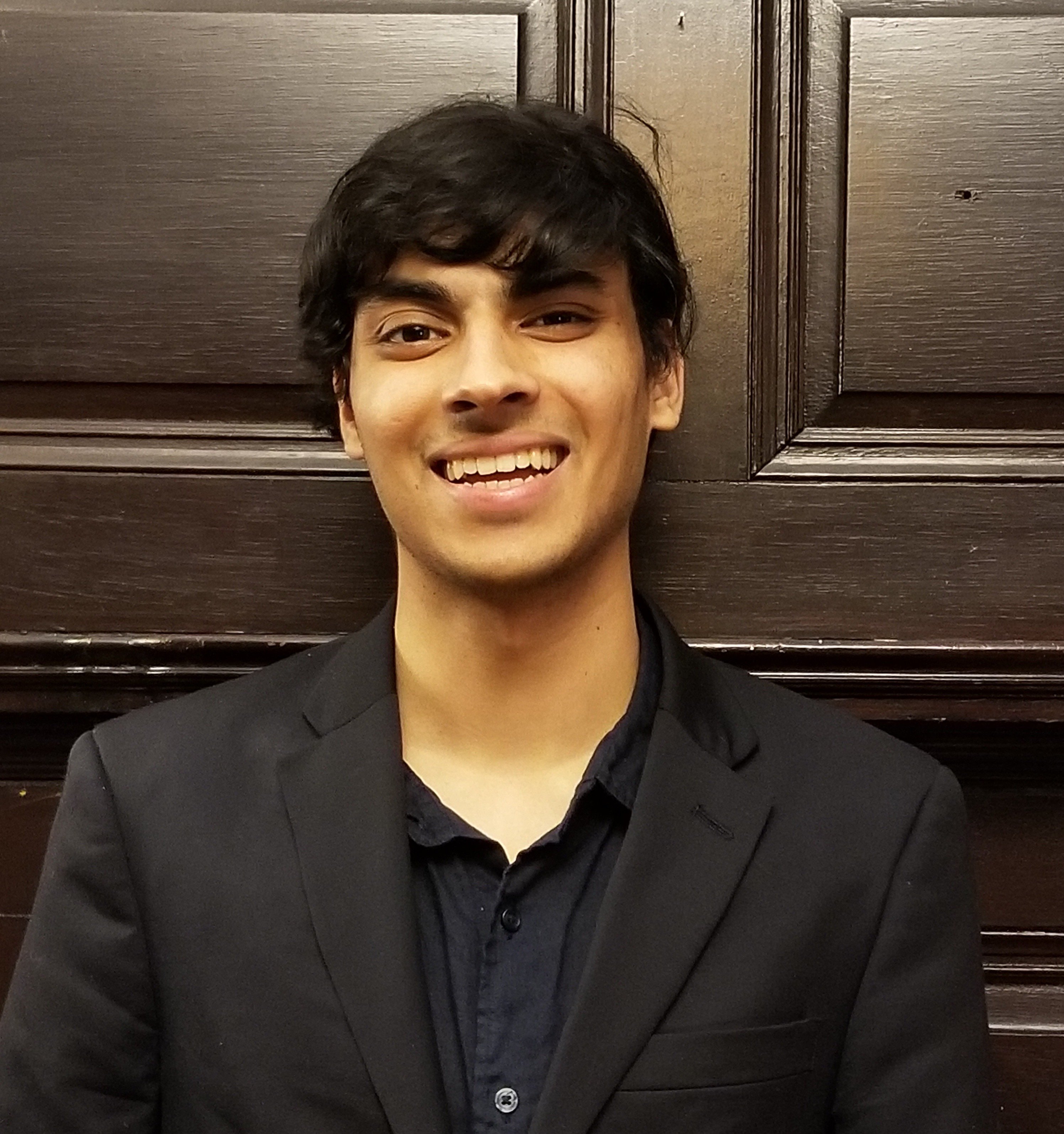Let’s put it bluntly: the college admissions process can be taxing. Between standardized tests, constant deadlines, and the dreaded personal essay, there are myriad sources of stress facing every college applicant. But while studying for any particular exam might provoke some degree of automatic anxiety, the process itself can be rewarding. Reframing the college admissions process as an opportunity for self-reflection to create lasting skills can yield both more rewarding results and lessen the associated stress.
Your essays, interviews, and applications present one of your first structured opportunities to practice answering a series of questions that will come up repeatedly in various forms throughout your life: who are you, what matters to you, and why? These are important questions, not just practically but also personally. Our answers to them govern virtually every decision we make and the trajectories of our lives and careers. And yet we rarely get formal opportunities to sit and reflect on them. So instead of thinking of college admissions as a series of tests you have to pass, think of it as a chance to think through who you will be as you move into the next stage of your life and adulthood. What does that mean practically? Let’s break it down step by step.
The Personal Statement
Throughout high school, you have probably written countless essays on topics ranging from Shakespeare to the American revolution. But the essays you will write for colleges are about an even more interesting topic: you. This can be daunting. In most American schools, we are taught to write objectively, stitching together a sequence of key quotes from dense textbooks into an argument. Here, the sources material is you, and the scope of your essay is—with a few prompts to narrow your thinking—whatever you want it to be. This can seem like a trap but it is not: colleges want to understand what makes you tick, even if that is something that you have not been able to express in previous academic writing.
The idea of distilling your core essence into a few short essays may sound challenging. But think of it this way: most times you have to introduce yourself to someone new, you only get one or two sentences. Rarely, if ever, do you get this much space to just talk about yourself. And whether it’s for a cover letter, an elevator pitch, or an introduction at a dinner party, in big ways and small, this practice of introducing yourself and telling your story will come up time and again.
What you write here is not binding: some psychologists view college itself as the point where many adolescents develop more concrete senses of identity. But the personal statement provides a rare, structured entry point into this way of thinking, and a chance to practice. It does not have to be a perfect summary of everything you have done or hope to accomplish—in fact, it should not be. But it should provide readers an introduction into who you are and how you see yourself moving through the world. Independent of college, that is a critically important thing to think about as you enter adulthood.
The Interview
Most students I talk to say that the interview is stressful because it feels like an examination. Going in, you have no idea what questions will be asked or what subject matters will be covered. But if the interview is a test, then you know all the answers. Your interviewers are merely trying to get a sense of you. Much like the personal essay, this is another chance to practice telling your story.
In many ways, the interview is a more familiar venue for this type of reflection. You are used to fielding questions about your interests, hobbies, and schoolwork from a bevy of teachers, relatives, and friends. So, approach the interview as a chance to have a conversation with someone new and knowledgeable who will listen to you talk about the things you are passionate about.
The Tests
I know what you’re thinking here: how can preparing for a standardized test possibly be rewarding? Again, the trick here is to focus on the process instead of the outcome. For most of my life, my studying practices looked like everyone else’s. I would review my notes spending equal time on each chapter and re-read the textbook over and over. It was only in college that I realized that there were more productive ways for me personally to study.
There are millions of blogposts on study skills that could have helped me realize this sooner. I should have focused on what I needed to brush up on rather than re-reading everything (study smart not hard). I should have experimented with different studying methods (e.g., flashcards, practice problems, solution guides). And I should have understood how to better budget my time. But the point I want to make here is not about the specifics—it is more general. If I had invested the time to reflect on how I learn on the front-end, I would have saved myself hours and built lasting study skills.
So, if you embark on a bit of self-reflection at the outset, even something as daunting as the SAT/ACT can cultivate studying skills that will serve you well in the long-run.


Comments